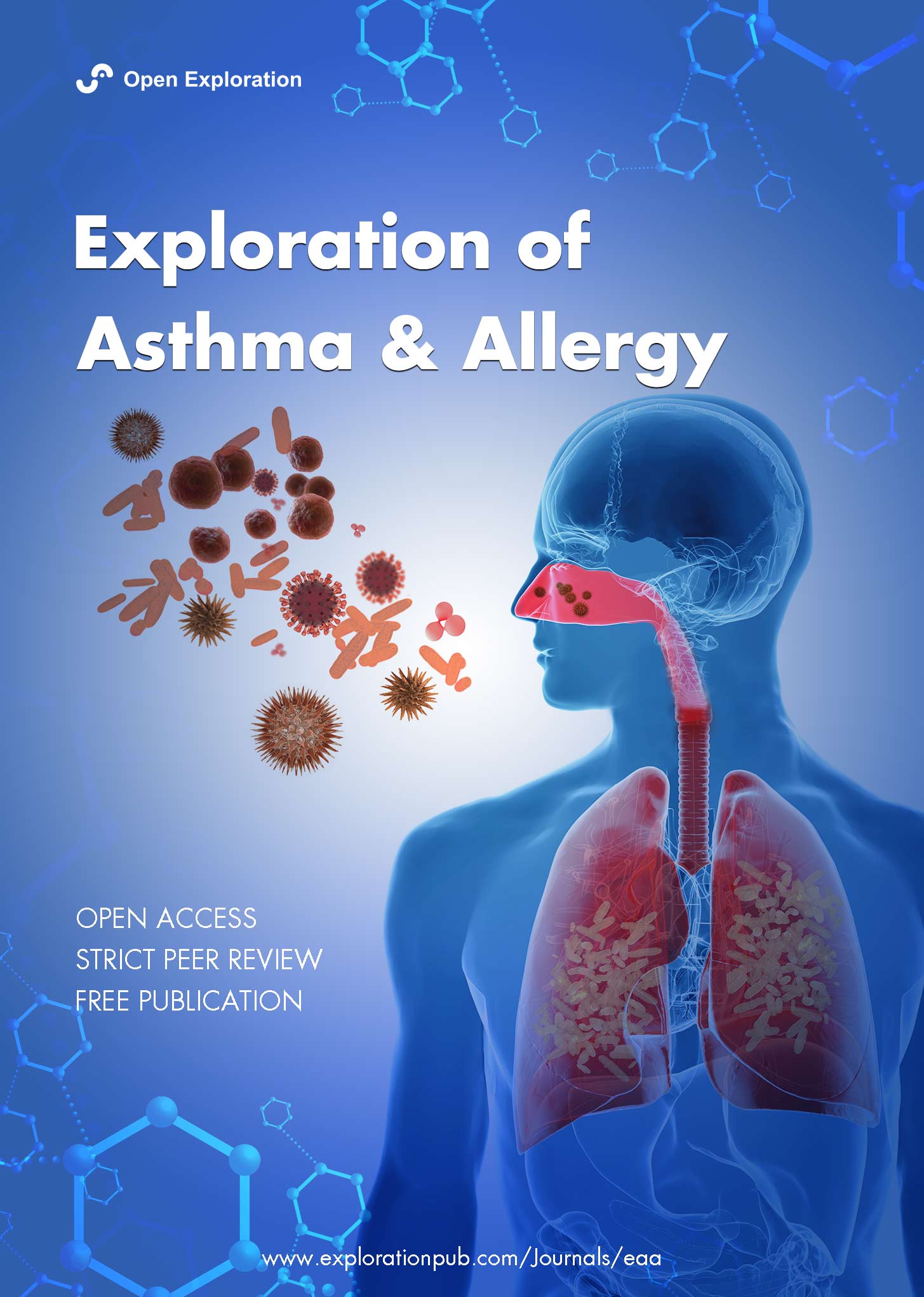- Review
- Open Access
Allergy, Asthma & Clinical Immunology 19, Article number: 75 (2023)
Abstract
Objectives
Immunoglobulin A deficiency (IgAD) is a common disease with an unknown genetic defect, characterized by the decreased or absent IgA with other isotypes normal, normal subclasses, and specific antibodies. Patients with this disorder represent a spectrum of clinical manifestations including infections, autoimmune disorders, malignancy, and allergic diseases.




